From apprentice plumber to chartered engineer and expert witness, Leon Gadsdon BEng(Hons) CEng MCIBSE MEWI brings a rare blend of hands-on experience, technical precision, and legal acumen to the world of building services disputes. As Director at En Masse Design Ltd, he remains deeply embedded in the practical challenges of the industry-translating this insight into clear, impartial expert analysis for the courts. In this interview, Leon reflects on the value of clear communication, the rise of AI in engineering litigation, and how Toastmasters training has sharpened his performance under cross-examination.
You began your career as a plumbing apprentice and are now a chartered engineer and Principal Director-how has that journey shaped your credibility and approach as an expert witness?
Building and maintaining my credibility as an expert witness has resulted from a strong foundation in plumbing and mechanical engineering theory, practice, and application. I have committed to ongoing professional development (CPD) and expert witness training while enhancing my communication and leadership skills as a director.
Effectively combining these skills has been crucial in providing a reliable expert witness service and has contributed to securing repeat instructions.
What are the most common areas of dispute in building services cases, and how do you help legal teams navigate the technical complexities involved?
My main concern has been property damage resulting from flooding caused by faulty plumbing and mechanical service installations. This damage may stem from poor installation standards or issues related to the suitability of the installations. In my reports, I always include clear graphical representations and analogies to help legal teams better understand complex theories and problems.
How do you remain impartial when disputes involve grey areas or multiple potential causes of failure in complex systems?
Remaining impartial in complex disputes requires a disciplined and structured approach supported by legal guidelines for experts and sound engineering methodology.
I always follow the Civil Procedure Rules and Practice Directives for experts. These guidelines safeguard the expert evaluation process by establishing clear evidence collection, analysis, and reporting expectations. As a result, I ensure that my assessments are based on established standards rather than personal opinions.
A critical aspect of maintaining impartiality is actively questioning my initial assumptions. I adopt an open-minded approach to prevent early biases from influencing my conclusions and I continuously validate my findings against new data or alternative interpretations.
In your experience, how is the legal system adapting (or failing to adapt) to innovations and changes in building services and environmental engineering?
AI is increasingly being utilized in science and Building Services/Environmental Engineering. It serves as a powerful tool for processing complex data and significantly speeding up analysis times. However, as AI's capabilities expand, the risk of misuse also grows. This misuse can occur in the evidence or analysis presented in an expert's report and may involve exaggerating findings, misrepresenting data, or concealing biases in algorithms. To tackle these concerns, the judiciary has established guidelines aimed at promoting awareness and responsible use of AI. These guidelines are particularly valuable for lawyers and expert witnesses.
How does your work at En Masse Design Ltd. complement your role as an expert witness, particularly in staying current with industry standards and best practices?
My work at En Masse Design Ltd. provides a crucial foundation for my role as an expert witness. It keeps me actively engaged in the field and ensures that I am continuously updated on current industry standards and best practices.
Working on live projects exposes me to the latest challenges, technologies, and solutions in building services. Whether I'm developing innovative design solutions or troubleshooting complex building systems, I gain firsthand insights that directly inform my expert assessments in disputes. The opportunity for continuous learning on the job is invaluable when evaluating evidence and providing testimony that accurately reflects the current state of the industry.
What skills-technical or otherwise-do you believe are essential to perform confidently under scrutiny during cross-examination?
To perform confidently under cross examination, it is crucial to not only maintain a comprehensive understanding of the subject but also to write strong reports that can withstand scrutiny. Continuous training in technical skills and as an expert witness is essential. I have been practicing public speaking as a Toastmaster for several years, which has boosted my confidence, improved my ability to think quickly on my feet, and developed my vocal skills..
